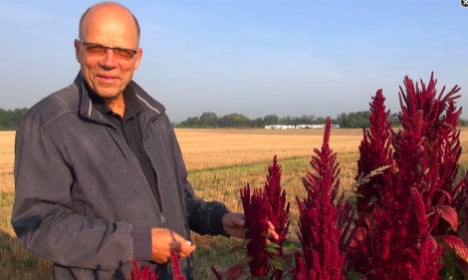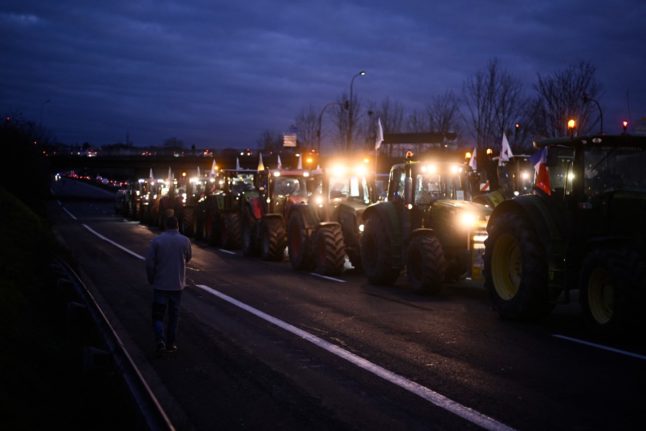RESEARCH
Danish scientists turn to ancient crops to save planet
At the University of Copenhagen, scientists have developed an experimental project called Protein2Food with the mission to replace meat with protein-rich crops.
Published: 14 October 2016 13:03 CEST

Sven-Erik Jacobsen. Photo: Johanne Kusnitzoff/sciencenordic.com
Researcher Sven-Erik Jacobsen thinks that the future of food might be found in our ancient past.
In an interview with Science Nordic, Jacobsen said that old varieties of crops could potentially revolutionize our diet and help provide solutions to climate change and a limited global food supply.
At the heart of his plan is reducing meat consumption and replacing it with vegetable protein.
“Meat production in the world right now is unsustainable because the process produces too much methane and CO2, yields too little in relation to the amount of energy it takes to produce one kilogramme of meat, and large areas of cultivation are used to produce animal feed instead of producing food for us,” Jacobsen told Science Nordic.
Jacobsen and his team are currently growing ancient crops like amaranth, the favoured crop of the Mayans, and quinoa, which was first cultivated by Incas some 7,000 years ago.
As part of a three-year field experiment, scientists are investigating the plants' properties to find out which seeds produce the highest protein content and the best quality protein, as well as observing how the crops develop in the Danish climate.
In addition to the ancient crops, the groups is also experimenting with legumes like broad beans, lentils and chickpeas.
Quinoa has so far performed the best in the Danish tests. The crop’s resistance allows it to adapt to almost all conditions, so the chances of wider use in large-scale agriculture are good. Jacobsen and the other researchers have introduced quinoa into their breakfasts and bake their own quinoa bread on the field, which Jacobsen describes as “a big hit”.
Gabriela Robles of the university's Department of Plant and Environmental Sciences is growing the crops in a number of greenhouses and exposing them to different air, light and water conditions in order to determine which 'super crops' can be grown on a large scale in different climates.
Jacobsen said that in order to deal with the challenges of climate change and an ever-growing global population, “we should eat as we once did”.
“In general we need to change our eating habits and include much more crops, both protein rich crops and other valuable crops, if we're to have enough food in the future,” he told Science Nordic.
Url copied to clipboard!


 Please whitelist us to continue reading.
Please whitelist us to continue reading.
Member comments